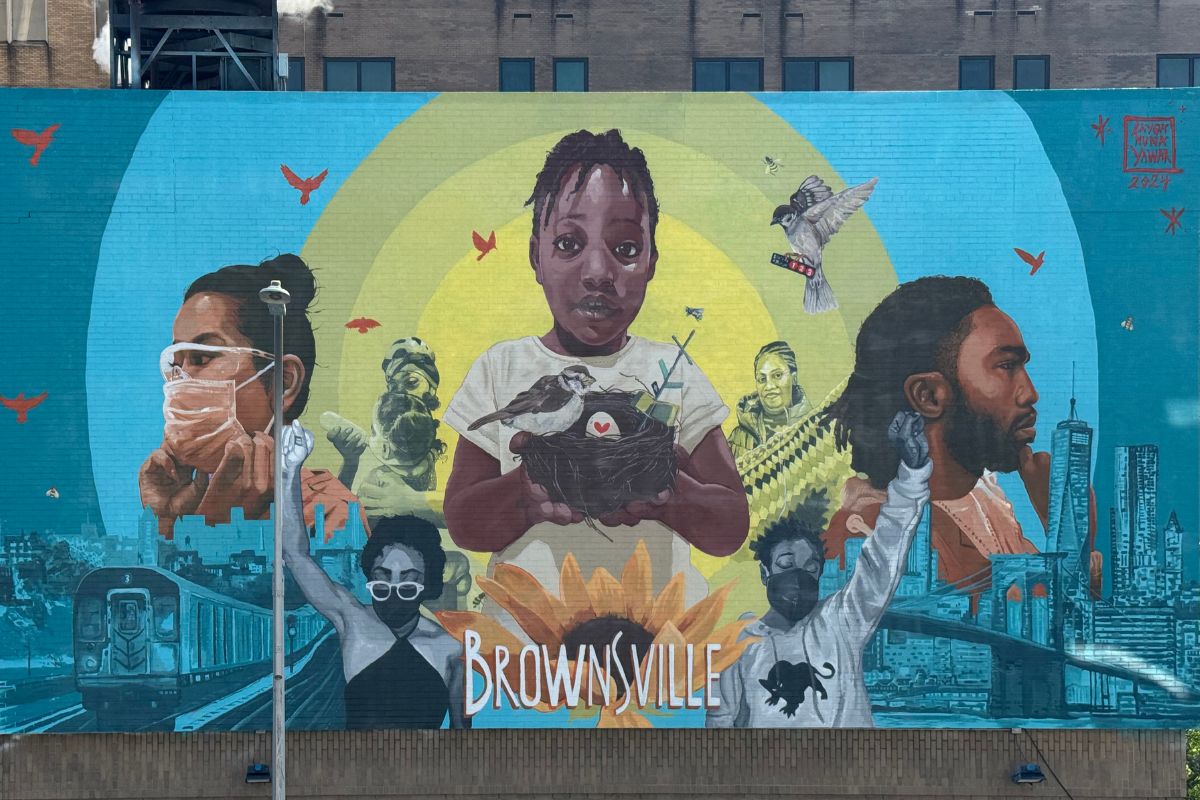
April 3, 2017; Miami New Times
The Miami New Times tries to connect the dots between a story that Florida legislators have “siphoned off” affordable housing funding and a study that identifies housing developers as a barrier to affordable housing development in Miami. In the process the New Times misses the big story—ineffective advocacy.
Like many urban alt-press outlets, the New Times uses the freshness of frankness to dramatize the topic of housing finance for its readers. The themes are villains in the public and private sector and suffering for ordinary tenants. Reporter Jerry Iannelli, described as having a developed an undergraduate reputation for “pestering college officials until they cursed at him,” is in form for this article: “Asked whether this is a problem, Miami Republican state Rep. Carlos Trujillo basically flipped his hometown—which is trapped in an unprecedented affordability crisis—the bird.” Still, in his efforts to dramatize Miami’s affordable housing crisis, Iannelli doesn’t take full advantage of his sources to share the complexity of the situation.
The Miami Herald, in an earlier story cited by Iannelli, explains that Florida’s state legislature decided to shift tax revenues designated for affordable housing into other purposes.
This year, the trust funds will collect about $292 million for affordable housing from the documentary stamp taxes on real estate transactions. The draft Senate budget released last week allocates $162.4 million of the funds into affordable housing while the House and Gov. Rick Scott propose spending even less of the proceeds on housing—$44 million.
The Herald article describes the frustrations of a coalition of 30 nonprofits representing both for-profit and nonprofit developers and a range of consumer and community organizations.
It’s not hard to guess why legislators in the rural-dominated state legislature have little incentive to provide funds to nonprofit developers in urban communities. But neither New Times nor the Herald hold the affordable housing advocates partly accountable for Florida’s ongoing neglect of affordable housing issues. The New Times in particular seems to have missed half of the story they cite in the Urban Institute study. While the Urban Institute study cites for-profit developers’ resistance as a primary cause of Miami’s inattention to affordable housing needs, the Institute also identifies ineffective advocacy as a problem. From the Urban Institute report, “Community groups are often absent from the affordable housing discussion, but should be integrated into the process.” The Urban Institute suggests:
Sign up for our free newsletters
Subscribe to NPQ's newsletters to have our top stories delivered directly to your inbox.
By signing up, you agree to our privacy policy and terms of use, and to receive messages from NPQ and our partners.
- Community groups offer insights into what residents want and can educate the public about why affordable housing projects benefit the whole area.
- Philanthropies and nonprofits could be public conveners and catalysts for community-led initiatives surrounding economic and neighborhood development.
- Area nonprofits, philanthropies, and community organizations could organize a bank consortium to assist mom-and-pop landlords.
- Community groups and other nonprofits could help inform current LMI renters about how to transition into homeownership.
Contrast this kind of local grassroots civic engagement with the “insider” work of the statehouse advocates who focus on moving budget dollars among line items. It’s all numbers on a page. Without an engaged grassroots base to work affordable housing issues twelve months a year, a statehouse lobbying campaign is bound to come up short. Perhaps this is what Representative Trujillo meant when he told the Miami Herald, “The reality is there’s only a 60-day legislative session. There’s only so many issues you can tackle in 60 days.”
NPQ has covered the issues involved with advocacy lobbying and grassroots lobbying over the past several years, and it should be clear by now that having both an inside game in the statehouse and an outside game in the neighborhoods is important to successful public interest lobbying. Our friend and mentor Rick Cohen helped make these connections back in 2014:
The ultimate answer to the national lobbying of the real estate industry is the effective mobilization of communities to demand policies that support the development of affordable housing, increases in subsidies that make housing more affordable, and mechanisms for making housing permanently affordable. Only through that kind of grassroots mobilization can nonprofits hope to compete with the real estate industry’s lobbying power.
It is a lesson that deserves relearning.—Spencer Wells
CATEGORY:
TAGS:











